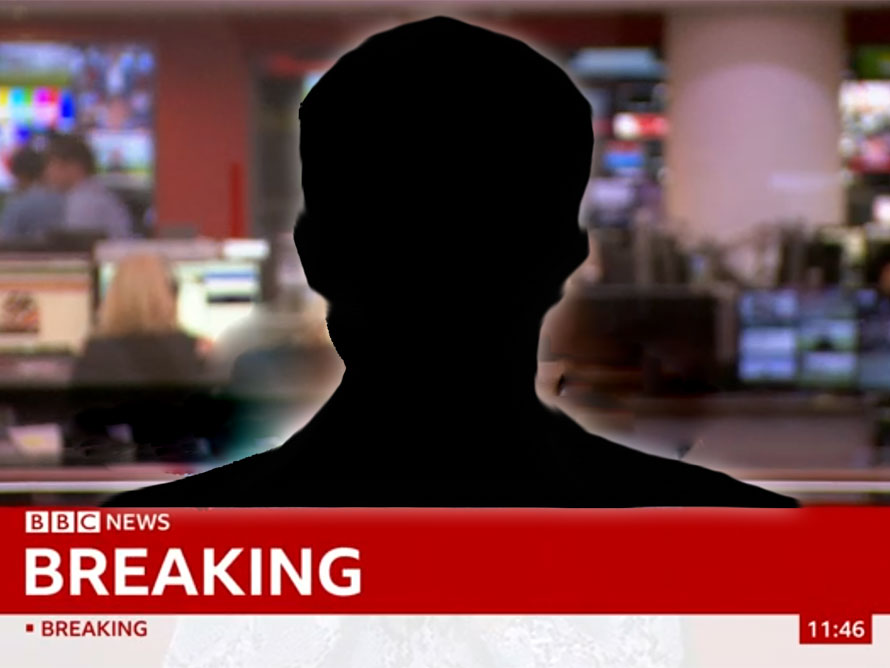Does Britain need the Beeb? The national broadcaster is firefighting yet another crisis. Some think it is past time to reform it root and branch — or put it out of its misery.
Hard questions for the BBC as crisis unfolds
 Unnamed: Several BBC presenters have declared on social media that they are not the man in question.
Unnamed: Several BBC presenters have declared on social media that they are not the man in question. Glossary
BBC - The British Broadcasting Corporation is the UK's national broadcaster.
Biased - Unfairly showing dislike or like.
Conservative party - A British political party. Members are known as Tories.
Devolved - When power is given from a higher level to a lower level. The term is often used when news powers are given to regional leaders.
Commissioning - Giving someone the task of making something.
Prestige dramas - High quality television shows.
Populist - The term comes from the People's Party, which operated in the USA in the 1890s. Now, it is often used to refer to any movement that makes a distinction between the "people" and the corrupt "establishment".
Opinionated - Having strong ideas or opinions and refusing to accept that they might be wrong.
Legitimacy - When a ruler or institution has the right to lead or rule.
Haemorrhaging - Losing a huge amount. In medicine, it refers to a severe loss of blood ("haima" is the Greek word for blood).
